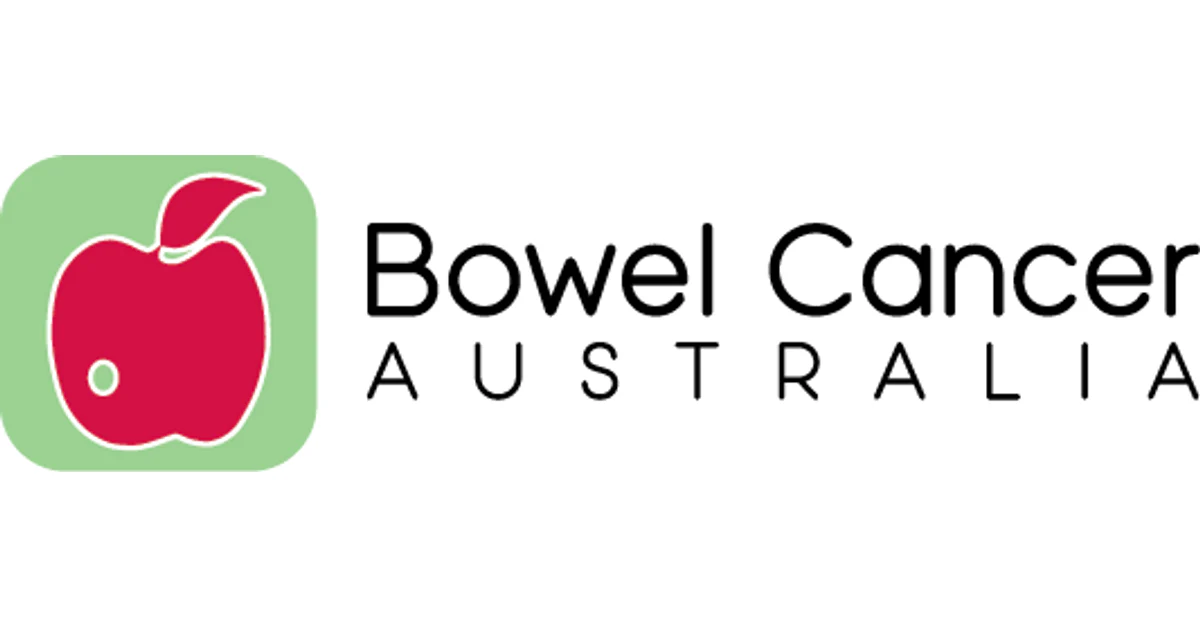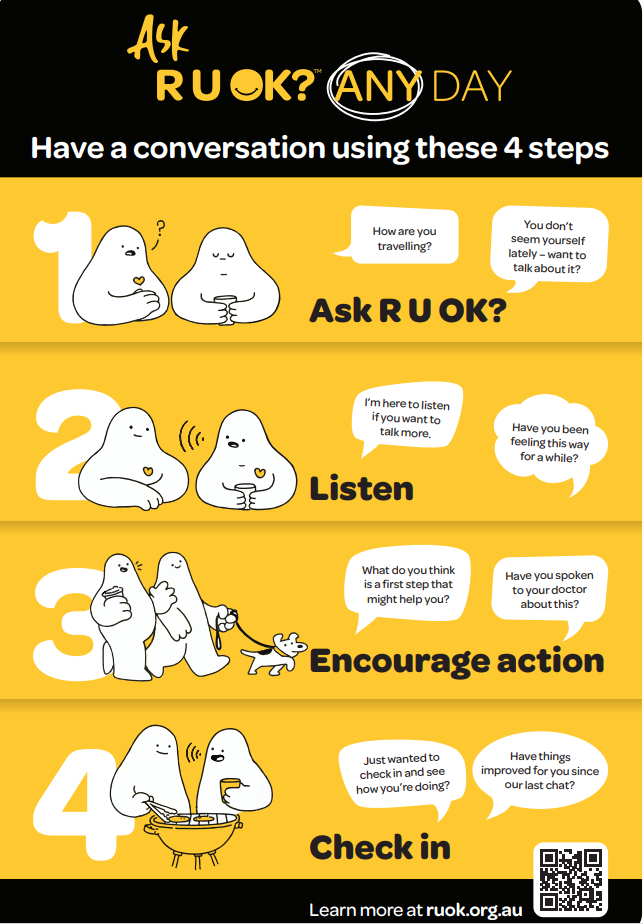June is Bowel Cancer Awareness Month.
Bowel Cancer Australia’s signature event to raise awareness of bowel cancer and funds for the leading community-funded charity dedicated to helping people impacted by bowel cancer.
Bowel cancer is Australia’s second deadliest cancer and fourth most common, and it is estimated that one in 20 people will be diagnosed by the time they are 85.
However, it is one of the most treatable cancers when detected early.
What is bowel cancer?
Bowel cancer, also known as colorectal cancer, colon cancer or rectal cancer, develops from the inner lining of the bowel. It is usually preceded by growths called polyps, which may become invasive cancer if undetected.
Bowel cancer claims the lives of 101 Australians every week (5,276 people a year), and while the risk increases significantly with age, the disease can affect people of all ages. The average age at diagnosis is 69 years old.
People aged 50-74 are sent a bowel screening test every two years as part of the National Bowel Cancer Screening Program. From 1st July 2024, people aged 45-49 can also request a free screening kit to be mailed to them. Learn more at bowelcancer.org.au.

Signs and symptoms
Symptoms of bowel cancer include:
- change in bowel habit including diarrhoea, constipation or the feeling of incomplete emptying
- a change in the appearance or consistency of bowel movements such as thin bowel stools
- blood in the stools
- abdominal pain, bloating or cramping
- anal or rectal pain
- a lump in the anus or rectum
- weight loss
- unexplained fatigue
- tiredness and/or anaemia (pale complexion, weakness and breathlessness)
- blood in the urine or passing urine frequently or during the night, change in urine colour – dark, rusty or brown
If you have any symptoms, you should speak to your GP.
Causes of bowel cancer
Some factors that increase your risk of bowel cancer include:
- a diet low in fibre
- high red meat consumption, especially processed meats
- being overweight or obese
- alcohol consumption
- smoking tobacco
- inherited genetic risk and family history
- inflammatory bowel disease such as Crohn’s disease
- polyps
- having a previous diagnosis of bowel cancer
Diagnosis of bowel cancer
A number of tests are used to diagnose bowel cancer. Initially, your doctor will give you a physical examination to feel if you have any abdominal swelling. Your doctor will also give you a digital rectal examination to check for any lumps or swelling in the rectum or anus.
You may have a blood test to see if there are any signs that you are losing blood in your stools. It can also check your red blood cell count as low red blood cells are common in people with bowel cancer.
You may have an iFOBT (often referred to as FOBT) depending on your symptoms. The test may be used if you have abdominal pain, changes to their bowel habits, unexplained weight loss, or anaemia. It is not recommended if you are bleeding from the rectum.
With the iFOBT, you will take a sample of your stools at home. The sample is examined under a microscope for traces of blood which could be a sign of polyps, cancer, or another bowel condition. It does not diagnose cancer but if blood is detected, your doctor will usually recommend a colonoscopy.
People aged 50-74 are sent an iFOBT (also known as a bowel screening test) every two years as part of the National Bowel Cancer Screening Program. From 1st July 2024, people aged 45-49 can also request a free screening kit to be mailed to them. Learn more at bowelcancer.org.au.
The best test for bowel cancer is a colonoscopy, which examines the length of the large bowel. Air is pumped into the colon through a flexible tube that is inserted into the anus. A camera on the end of the tube allows your doctor to look for abnormal tissue that is removed for further examination.







